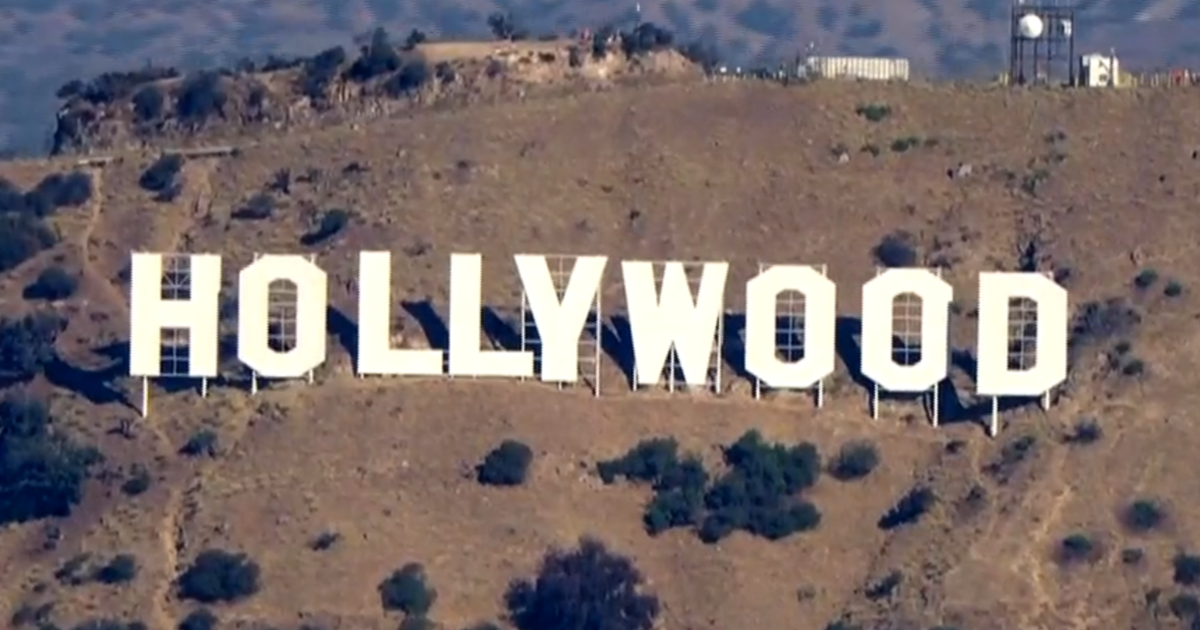Washington — President Trump this week floated the possibility of using the law firms that agreed to provide free legal services through deals reached with the White House to assist the United States in its trade negotiations over tariffs, potentially with dozens of countries.
During a Cabinet meeting Thursday, the president told reporters that his administration may be using lawyers at the firms to help agency heads because you’re going to need a lot of lawyers.” Mr. Trump said he would “try to use these very prestigious firms to help us out with the trade” because of the sizable number of countries with which the U.S. will be negotiating.
On Wednesday, while speaking to reporters in the Oval Office as he signed executive orders, Mr. Trump said that the firms that entered into agreements to avoid being targeted by his directives have together committed at least $340 million in pro bono legal services and suggested that he could tap into that work as his administration prepares to engage in talks over tariffs he has threatened to impose on foreign countries.
“I think part of the way I’ll spend some of the money that we’re getting from the law firms in terms of their legal time will be — if we can do it, I think we can do it — using these great law firms to represent us with regard to the many, many countries that we’ll be dealing with,” Mr. Trump said.
The president praised the firms as having some of the “best lawyers in the world,” but lamented that they “went off a little bit.”
Mr. Trump made the remarks after signing several executive orders, including one that directed his administration to take action against Susman Godfrey, a New York-based firm that represented Dominion Voting Systems in its defamation lawsuit against Fox News. The network and Dominion reached a $787 million settlement agreement in the case that arose after Fox News aired unfounded accusations that Dominion helped rig the 2020 election against Mr. Trump.
Susman Godfrey is the fifth major law firm that the president has targeted with an executive order since returning to the White House. The orders seek to punish the firms for their legal work or for employing attorneys he views as his political opponents.
Mr. Trump’s directive attacks the firm for purportedly spearheading “efforts to weaponize the American legal system and degrade the quality of American elections.”
In response to the order, Susman Godfrey said in a statement, “Anyone who knows Susman Godfrey knows we believe in the rule of law, and we take seriously our duty to uphold it. This principle guides us now. There is no question that we will fight this unconstitutional order.”
In addition to Susman Godfrey, the president’s executive orders have targeted Perkins Coie, Jenner & Block, WilmerHale Cutler Pickering Hale and Dorr, and Covington & Burling. For the first four law firms, the directives seek to go after government contracting ties and restrict their access to federal buildings and employees. The order on Covington & Burling involved a security clearance for one of its lawyers.
Perkins Coie, Jenner & Block and WilmerHale have filed lawsuits challenging Mr. Trump’s executive action, and federal judges have blocked the administration from enforcing portions of them.
But another four major law firms have reached deals with the president, in which they committed to provide as much as $100 million each in pro bono legal services to causes supported by the Trump administration. Those firms are: Skadden, Arps, Slate, Meagher and Flom; Willkie Farr & Gallagher LLP; Milbank LLP; and Paul Weiss.
In announcing the agreements, Mr. Trump said the pro bono work would support initiatives like assisting veterans, members of the military, law enforcement and first responders, as well as ensuring fairness in the justice system and combating antisemitism. None of those announcements mentioned trade or tariffs.
The president’s suggestion about using the free legal services for trade negotiations came after he announced a 90-day pause on most of his new tariffs and a lowering of the White House’s reciprocal tariff rate to 10% for nearly all countries, including the European Union.
Mr. Trump wrote on social media that more than 75 countries have called U.S. officials seeking to negotiate over the tariffs. The White House did not say which countries have expressed a willingness to engage in talks with the U.S.
Neither the law firms nor the Office of the U.S. Trade Representative immediately returned requests for comment.




